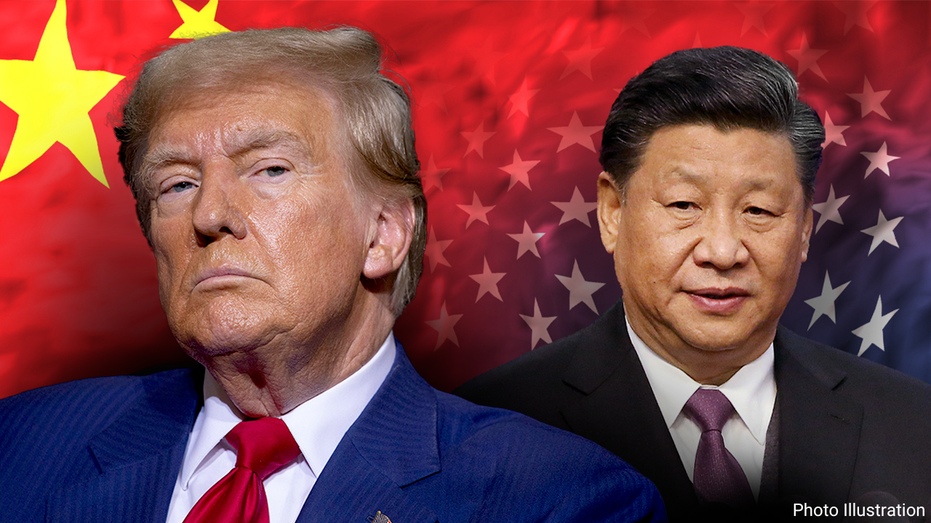Trump's 21st Week Back in Office: China Trade Talks, LA Riot Control & New Travel Ban
Trump's 21st week in office features key events including China trade talks in London, a new travel ban, and fallout with Elon Musk.

President Donald Trump and his administration are facing a pivotal 21st week since returning to the White House, as they navigate both complex international challenges and intense domestic unrest. The week begins with high-stakes trade talks in London on Monday, where key administration officials—Treasury Secretary Scott Bessent, Secretary of Commerce Howard Lutnick, and U.S. Trade Ambassador Jamieson Greer—will meet their Chinese counterparts in an effort to move forward after months of tariff escalations between the U.S. and China.
On Friday, President Trump took to social media to express optimism about the outcome of the London negotiations, signaling hope for a breakthrough in the ongoing trade standoff. These talks come on the heels of a reported lengthy and constructive phone conversation between Trump and Chinese President Xi Jinping, during which both leaders reiterated their commitment to the recently negotiated trade deal. In a reciprocal gesture, invitations were exchanged for state visits between Washington and Beijing, underscoring the critical importance of restored ties amid global economic uncertainty.
The international front, however, is just one facet of the administration’s agenda this week. Domestically, the Trump administration continues to grapple with the fallout from widespread riots in California, particularly in Los Angeles, following stepped-up federal immigration enforcement operations. Over the weekend, violent clashes erupted as protesters confronted federal agents, resulting in looted businesses and torched vehicles. In response, President Trump ordered the deployment of 2,000 National Guard troops to restore order, while local officials like California Governor Gavin Newsom sharply criticized what they described as "reckless" federal actions, accusing the administration of implementing arbitrary quotas and tearing families apart.
Adding to the tension, Trump signed a sweeping new travel ban that impacts citizens from 12 countries, citing national security concerns in the wake of a recent terror attack in Boulder, Colorado. The move sparked fierce backlash from Democratic lawmakers and critics who accused the president of promoting Islamophobia and implementing a "renewed Muslim ban." Seven additional countries face partial restrictions, and Trump defended the measures as essential to prevent future attacks by foreign nationals exploiting visa systems. The controversy is likely to fuel further protests and legal challenges in the days ahead.
Meanwhile, a high-profile rift has emerged between President Trump and billionaire tech entrepreneur Elon Musk. After Musk concluded his government service overseeing efficiency initiatives, he unleashed a barrage of criticism against a massive spending package backed by the administration. Musk denounced the legislation as "pork-filled" and called for its defeat. Trump, in turn, suggested that Musk's opposition was motivated by cuts to electric vehicle mandates that could impact Tesla, escalating their dispute into personal territory with harsh social media exchanges. The public feud between the two former allies signals deeper divisions within the Republican coalition over fiscal policy and the future direction of technological innovation.
As President Trump’s second term advances, the combination of ongoing trade tensions, domestic unrest over immigration, sweeping executive action on travel, and fractures among prominent conservative figures sets the stage for a turbulent week. The administration faces mounting scrutiny from both supporters and opponents, all while navigating intricate international relationships and explosive political dynamics at home.




